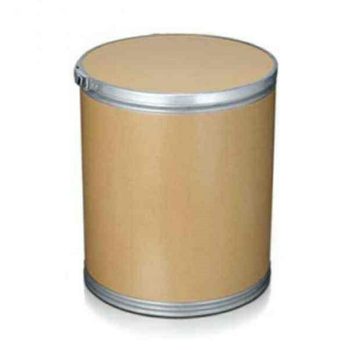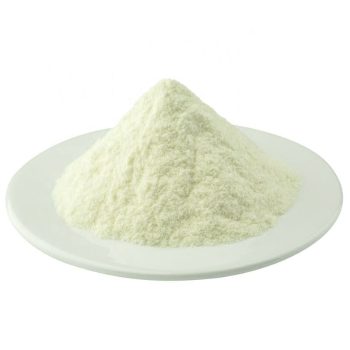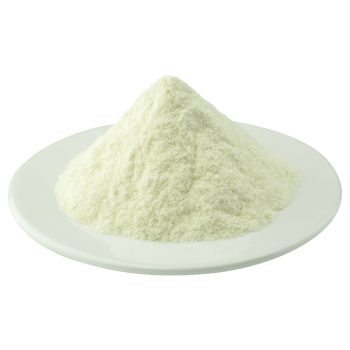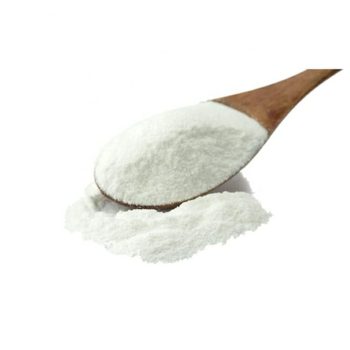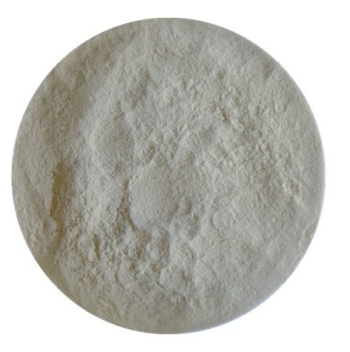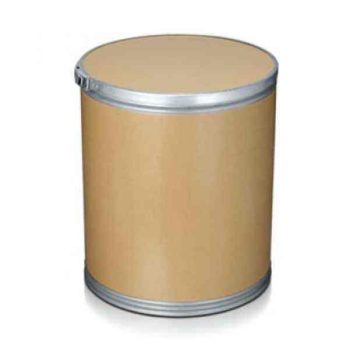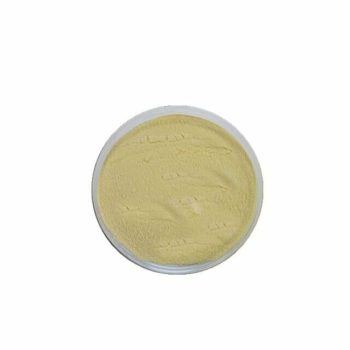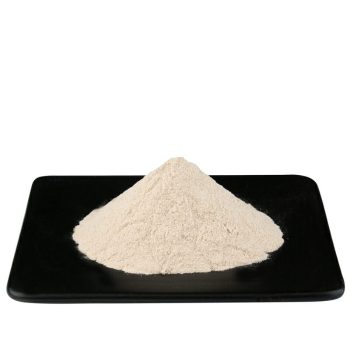Food Grade Fruit Compound Enzymes For Coffee Bean Processing
Introduction
The individual components of the product are respectively produced by submerged fermentation of selected microbial strains followed by purification and formulation. Based on mucilage composition of coffee cherries and field trials, the product is so carefully formulated as to efficiently remove the mucilage of depulped coffee cherries.
Mechanism
Coffee mucilage consists of pectic substances, cellulose, and neutral noncellulosic polysaccharides. The present product contains all necessary activities to degrade coffee mucilage, such as polygalacturonase, pectin lyase, and cellulase. The efficient degradation of mucilage components results in quick solubilization of mucilage into the water phase, leading to efficient demucilage of coffee beans.
Characteristics
Product Standard: The product complies with GB26687-2011.
| No. | Items | Index | |
| 1 | Particle size (% <40 mesh)/(%) | ≥80 | |
| 2 | Loss on drying/(%) | ≤8.0 | |
| 3 | Lead/(mg/kg) | ≤5.0 | |
| 4 | Arsenic/(mg/kg) | ≤3.0 | |
| 5 | Total viable count/(CFU/g) | ≤50000 | |
| 6 | Coliform Bacteria/(CFU/g) | ≤30 | |
| 7 | Escherichia coli | (CFU/g) | <10 |
| (MPN/g) | ≤3.0 | ||
| 8 | Salmonella/(25g) | Not Detected |
Benefits
- Higher bean yield from cherry due to much reduced fermentation time.
- Cleaner beans, more consistent bean quality, better cupping taste, and faster drying of beans.
- Less molded bean, off-flavor, and environmental load.
- More flexibility during peak season to process more cherries.
- Less use of water and labor.
Dosage
The recommended dosage is 80-150 ppm based on coffee cherry weight. However, the dosage has to be optimized based on the maturity of the cherry, temperature, and expected demucilage time. It is better to begin the test with the smallest quantity.
Performance
Field trials were carried out in Yunnan, the major coffee-producing area in China, to confirm the effects of enzymes on demucilage time, bean weight gain, bean quality, and processing aspects. The results are summarized as follows:
Demucilage time reduction, weight gain, and bean appearance:
| Enzyme dosage* | Demucilage time | Weight of 1,000 beans | Appearance | Yield improvement |
| 0 (control) | 42hrs | 169.4g | Yellow color | 0 |
| 120ppm | 5hrs | 173.4g | Very clean and light color | 1.65% |
| 150ppm | 2.5hrs | 174.6g | Very clean and light color | 3.1% |
*The dosage was calculated on the basis of cherry weight. With the use of the enzymes, the demucilage time was drastically reduced from 42 hrs by traditional means to as short as 2.5 hrs. The reduction in demucilage time results in less solubilization of bean content into water, avoiding basically uncontrolled microbial erosion and reducing respiration of coffee beans. They all together contribute to the weight gain of coffee beans. The exact weight gain based on the present trials is from 1.65% to 3.1%. The demucilage time reduction also brings a lot of advantages during peak season when piles of cherries are in a queue waiting for processing due to limited capacity of fermentation trough. The fast turnover makes it fairly flexible to arrange coffee bean processing, avoiding uncontrolled cherry fermentation and deterioration of bean quality.
Cupping test results indicate an overall improvement of the beans with enzymes in tasting, as is shown in the above sensory scorecards.
Drying and water consumption: The cleaner beans with enzymes lead to easier drying of the beans. The drying time saved due to enzymatic treatment was 1.5-2.5 days during December. Since the beans treated with enzymes are much cleaner and easier to wash, it’s obvious that much less water and labor are needed during bean washing. It’s also an unambiguous finding that the wastewater from enzymatic demucilage is much less viscous with higher pH and can be recycled if necessary, which means an obvious reduced environmental pollution and less water consumption.
Package
Package: 1 kg / bag, 12 bags / box.
Storage: Keep sealed in a dry and cool place and avoid direct sunlight. Slight sedimentation is acceptable since it will not impact the performance of the product.
Shelf Life: 12 months in a dry and cool place.
Safety
Enzyme preparations are proteins, which may induce sensitization and cause allergic type reactions in sensitized individuals. Prolonged contact may cause minor irritation for skin, eyes, or nasal mucosa, so any direct contiguity with the human body should be avoided. If irritation or allergic response for skin or eyes develops, consult a doctor.

